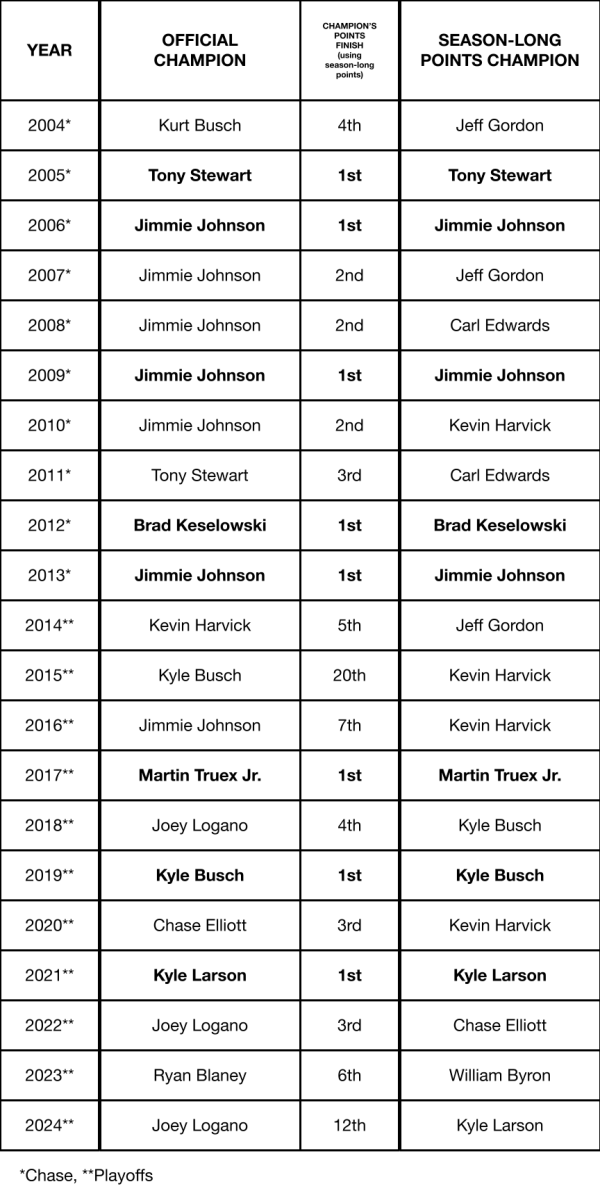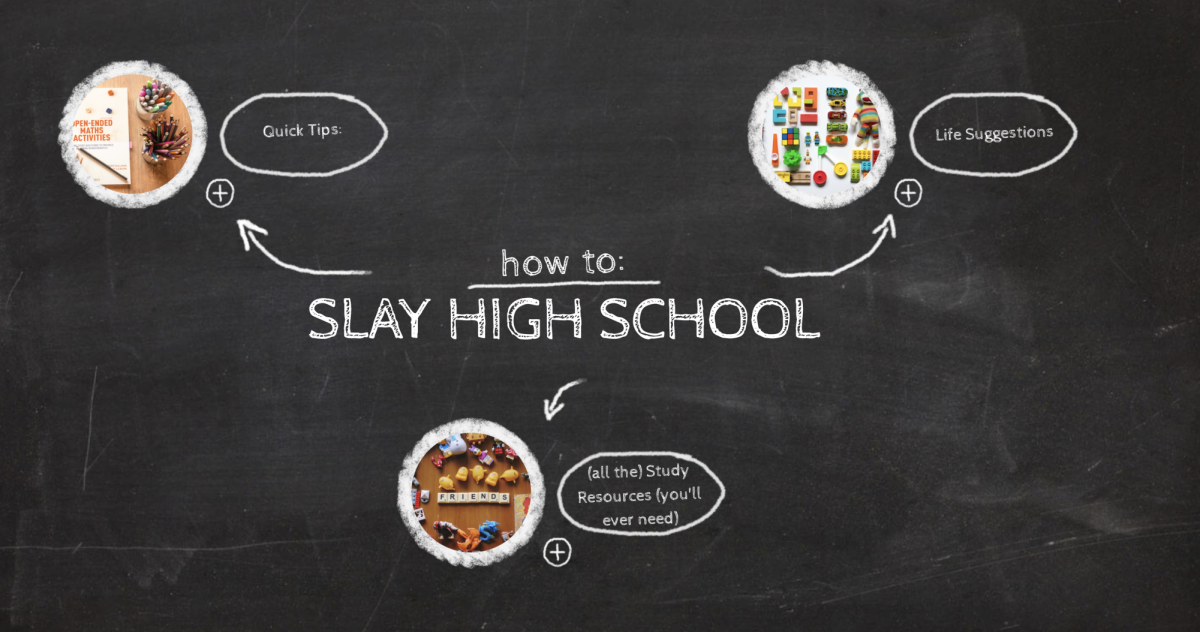Between water duties, carrying equipment and general teasing, underclassmen are given unfair responsibilities on varsity teams. Unfortunately, doing this only hurts team chemistry and overall performance on the field.
As an underclassmen you are already at a disadvantage; if it isn’t height-wise, it is by lack of experience. To be an underclassmen and earn a spot on the varsity team is a challenge and a privilege. It is an exciting experience to learn from the upperclassmen and compete at the highest level, and students from all grades take attention. However, this romantisiced picture of playing varsity as a freshman is usually destroyed within the first five minutes of practice, when the older athletes hand you all of the equipment and water jugs to carry. If you are lucky, there are other underclassmen on the team to split the responsibilities with and keep you company while you fill water jugs, sit on the end of the bench and share a row with the coaches at the front of the bus.
Coaches and athletes alike justify this phenomenon with the claim that the seniors did it when they were underclassmen too. They suffered once, so now that they are the seniors they should get to reign over the freshman with their senior glory, exercising some sort of twisted tradition. Eventually, this year’s freshman will have the same opportunity, which supposedly makes it OK.
Despite this poor attempt to justify ruthless acts of seniority, players must realize that being a senior doesn’t give them the right to torment the younger team members.
Hazing, to any extent, hurts team chemistry. While today physical hazing may be less prevalent than in the past, even little jokes and tricks can be detrimental. Although having good team chemistry doesn’t directly correlate into the win column, it does help team success. Getting along with teammates makes practices more bearable. It also can help the coaches because they can worry about coaching and not breaking up altercations between teammates. Good team chemistry also helps during close competitions and winning those games because it creates a positive outlook and unselfishness.
Although underclassmen aren’t going to revolt due to their unfair responsibilities, it makes them feel inferior to the upperclassmen. It is unnecessary to pawn all of the work on the underclassmen on the team. Yes, freshmen are freshmen. But teammates are also teammates, and the freshman made the cut just like every other player on the team. They made the team because they are exceptional players for their age, not to be the scapegoat for all of the team’s dirty work.
For a few people, the workload can become overwhelming, but divided between the whole team equally, the workload for each athlete is not only fair, but minimal. Take, for example, a typical varsity soccer team with 20 players. If everyone splits the responsibility of carrying the water jug, each player would only have to do it once every ten practices. That is not an overwhelming task, yet carrying the water every time it can be exhausting and aggravating. There is no logical reason why freshmen must carry this responsibility on their own.

Breaking the long-standing tradition of leaving the team chores to the underclassmen wouldn’t be difficult. All it would take is a few upperclassmen to decide that, although they might have been taken advantage of as freshman, it isn’t going to help anyone to force that upon the freshmen this year.


